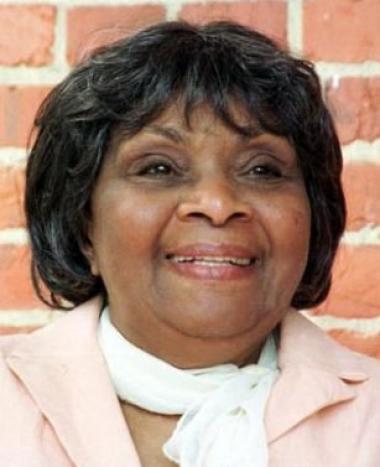
In 1944, when Irene Morgan (1917–2007), later known as Irene Morgan Kirkaldy, refused to relinquish her seat to a White person on a Greyhound bus, which was traveling from Virginia to Washington, D.C., her act of civil disobedience caused a string of court events in which, ultimately, the U.S. Supreme Court ruled in 1946 that the Virginia statute, which required segregation of the races on all public vehicles, could not apply to interstate passengers or motor vehicles engaged in such traffic. At the time, Irene worked in a plant that made bombers for World War II and was raising two small children. The story of her encounter with a sheriff who removed her from the bus and arrested her for refusing to give up her seat for a White person was recounted in a 1995 public television documentary You Don't Have to Ride Jim Crow. Although she paid the $100 fine for resisting arrest, she appealed the $10 fine for violating the Virginia segregation law. The NAACP had been seeking a test case regarding segregated interstate transport, so the organization represented her, with Thurgood Marshall ultimately arguing her case, Irene Morgan v. Commonwealth of Virginia, before the U.S. Supreme Court, which ruled 6 to 1 in her favor.
Born and raised in Baltimore, Maryland, as Irene Amos, she later lived on Long Island, New York, where she ran a day-care center. At age 68, she earned a bachelor's degree in communications from St. John's University and later earned a master's degree in urban studies from Queens College. In 2000, Gloucester County, Virginia, the place where she had boarded that Greyhound bus nearly six decades earlier and where she lived out her final years, honored Irene as part of its 350th anniversary celebration. The next year, President Bill Clinton awarded her the Presidential Citizens Award.
